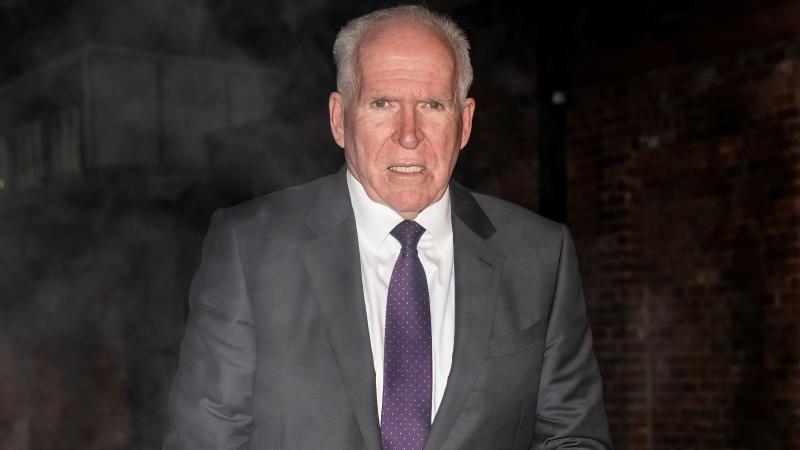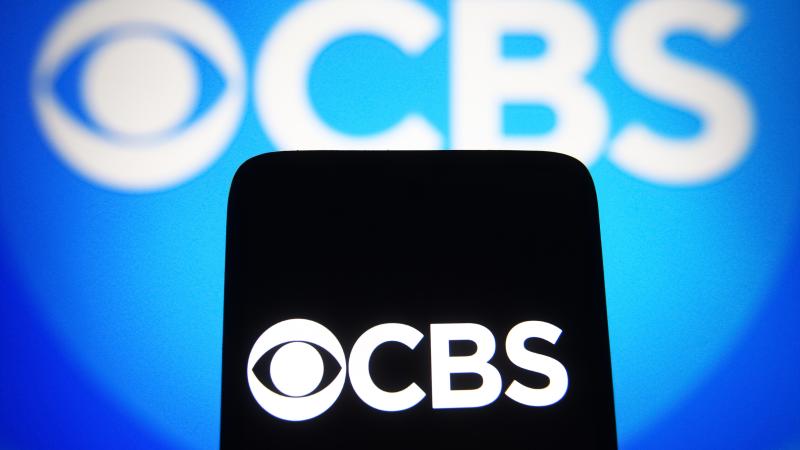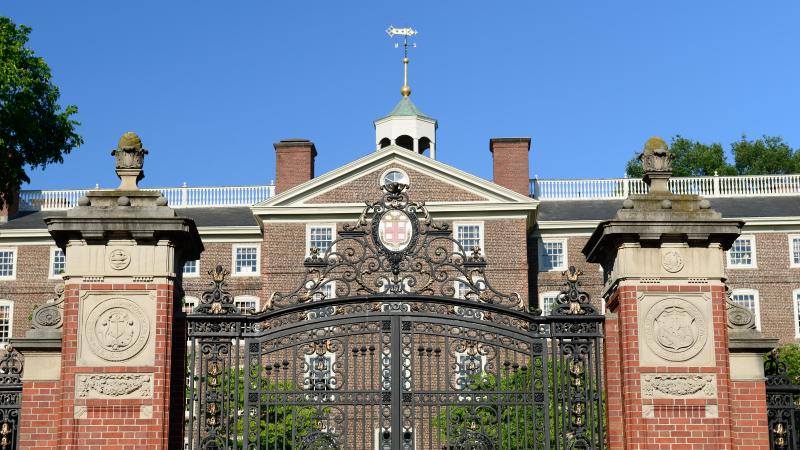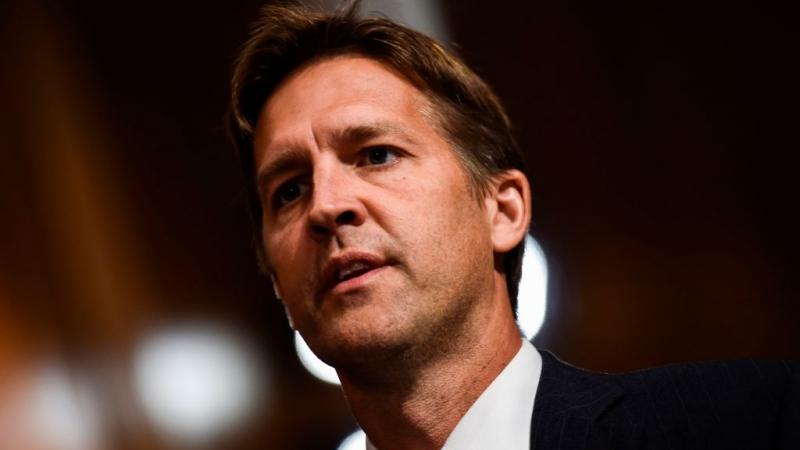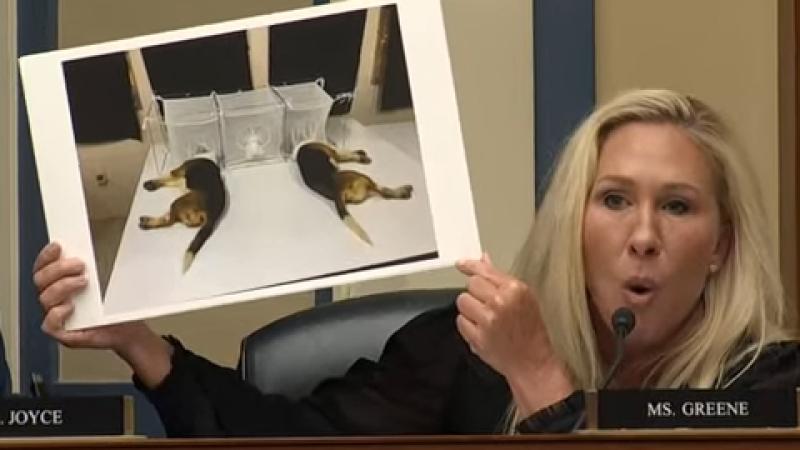American decency
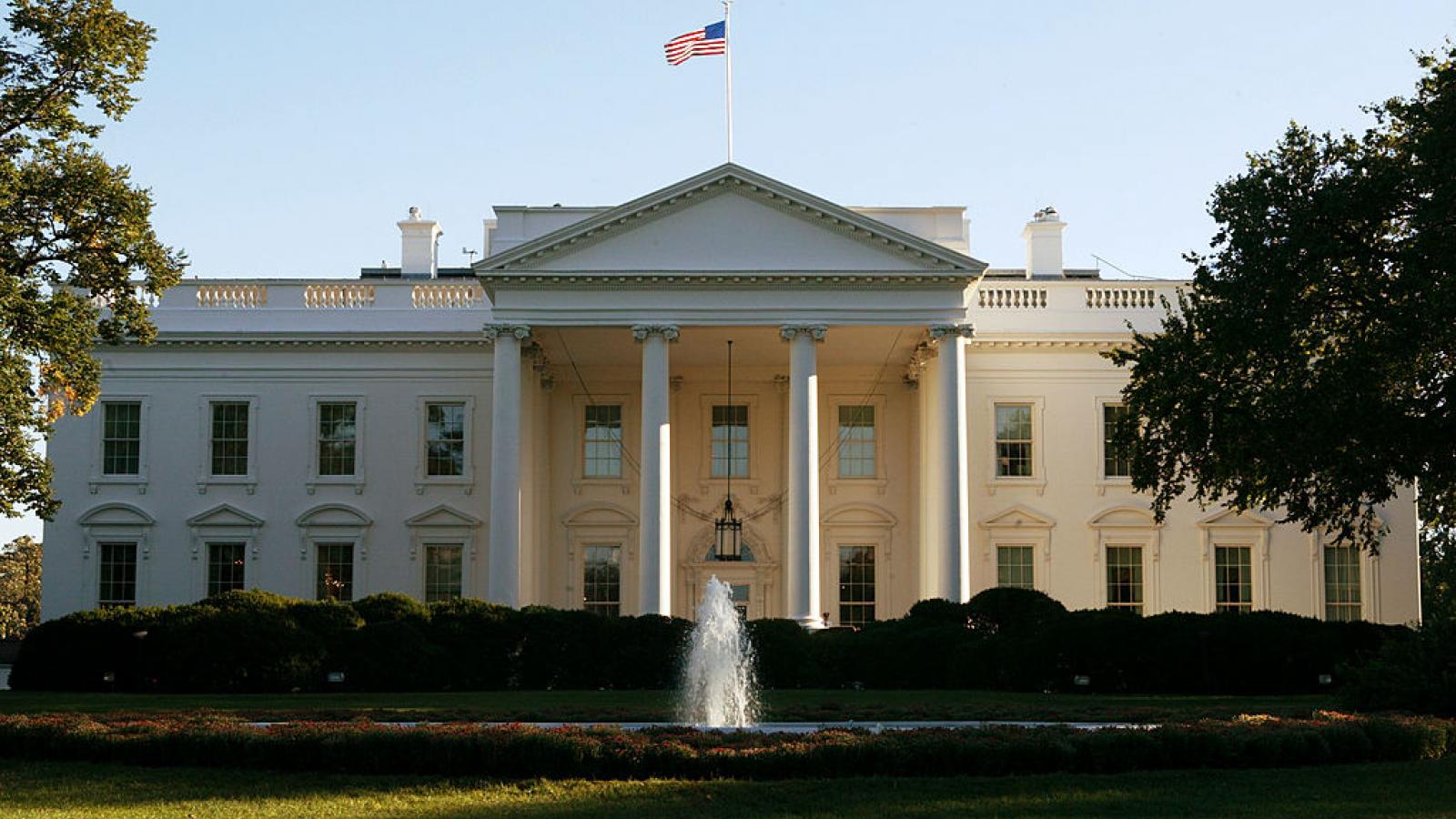
Back in the 90s, two-thirds of voters agreed that American society is decent and fair. Now, only a little over a third think so.
Scott Rasmussen 0:09
Good morning, Scott Rasmussen here. Welcome to my podcast, Scott Rasmussen's Number of the Day. Today's number comes from a polling question that I first asked way back in the 1990s. The question is pretty straightforward. Generally speaking, is American society fair and decent, or is it unfair and discriminatory? Now, way back in the 1990s, voters overwhelmingly told us that, yes, societies fair and decent typically by a two to one margin, but today's number is 38. Just 38% of voters nationwide now tell us that American society is fair and decent. Nearly half 47% take the opposite view. They say American society is generally unfair and discriminatory. We're gonna talk about the implications about change in the B-block. But also talk about what it means in terms of America's willingness to reform, to uproot society as we know it today, and try to replace it with something better. As always, when I cite polling data on my number of the day podcast, you can find the details at Ballotpedia.org. They publish the Number of the Day and you can also go to ScottRasmussen.com. We have the cross tabs there for you and basic information on how and when the survey was conducted. But in the B-block, I'm gonna take a look at just what this means and what people think about when they're saying our society is primarily unfair and discriminatory.
Welcome back to Scott Rasmussen's Number of the Day. Today's number: 38. 38% of voters say that American society is generally fair and decent, nearly half 47% believe our society is unfair and discriminatory. And as I mentioned upfront, this is a huge change. You know, back in the 90s, people generally thought society was fair and different. And the reason this matters so much is that we live in a country where the culture leads and politics lags behind. And when we start talking about this, people who think society is fair and decent, you know they, look, they recognize it's not perfect. We're talking about sort of a general, there's always outliers, there's always some jerks in the crowd or something. But society itself is generally structured in a fair way. Well, voters who have that view are saying, we need to make some minor changes to make things a little better. We need to round off some of the rough edges, but no fundamental reform is required. On the other hand, if you believe that our society is unfair and discriminatory, you're saying we need to shake things up. We need to change society at a fundamental level. And that's a huge difference when half of America now believes that's the case. Now, it probably won't surprise you to learn that there's a big partisan divide on this question. 62% of Republicans say our society is generally fair and decent. 69% of Democrats take the opposite view and a plurality of independent voters agree with the Democrats. Not surprisingly, there's also a big racial divide. White voters, they're pretty evenly divided. But among African American voters, black voters, 77% say that American society is generally unfair and discriminatory. Half of all Hispanic voters agree with that. So, when you have this moment, this belief that our system is unfair and discriminatory, you know, obviously we're in a time when civil rights are being discussed, and we're talking a lot about racial inequality.
The question is, you know, what's driving it? What's the core? Well, you know, on the bright side, three out of four Americans say, most people in the country really do want white and black Americans to be treated equally. I look at that and you know, I think, 'Wow, it's hard to get three out of four Americans to agree on anything.' But then it's kind of depressing. 13% of us one out of every eight Americans say no. They believe that most Americans reject the idea of equality between the races. When we look at African American voters 23% roughly one out of four say, 'No, the American people do not believe in racial equality.' That's a pretty damning indictment. And in the public mood these days, there's a very specific place where people think they find that lack of commitment to equality. That place is the Republican Party, a majority of black voters think that most Republicans don't want white and black Americans treated equally. Among all voters, just half believe that they do. So, what we have is a sense that American society has become unequal, discriminatory, unfair and discriminatory. It's based on the lack of equality. It's based on the racial tensions that have been boiling through our nation for centuries. And the Republicans are catching the blame for this. Now, I know a lot of Republicans are gonna say that's not fair. It's not true. Of course, we want equality. We just disagree about how to get there. Well, that may be true, but it's also hard to imagine a more damning indictment of the GOP brand and messaging. You know, how do you overcome that, especially at a time when civil rights issues are so important in the national narrative. They're dominating the news coverage and we have a nation founded on the principles that we're all created equal. And yet, half of Americans are saying, 'well, we don't think the GOP goes along with that.' That's a big problem for Republicans and helps explain why President Trump is losing to Joe Biden by double digits right now in the national polls. And, you know, I don't know what the Republicans are going to be able to do to turn that brand image around. But it's an even bigger challenge for our nation. I mean, what's happening right now is that the American people are saying we need to change the core being of our nation, our society, so that we can become a place that is fair and decent. There are no simple 12 step programs, no easy answers to try and figure this out. But it is what the American people are demanding. When half of The Nation says our society is unfair and discriminatory, it's a huge screaming cry out for 'let's find a way to make something better.' Right now, we need to focus on what those alternatives might be and I'll be back with that in the C-block. In the meantime, be sure to share this podcast with your friends. Check it out at JustTheNews.com. And of course, I'd love to have you subscribe to this podcast. I'll be back with the C-block to talk about what we could do to address this concern, this perception that America is no longer a fair and decent society.
Welcome back to Scott Rasmussen's Number of the Day. I'm Scott, and today is number 38. 38% of voters nationwide say American society is generally fair and decent. A larger number say Nope, it's unfair and discriminatory. And this is a huge difference from a generation ago. Back in the 1990s, voters routinely told us by a two to one margin, they thought our underlying national society was fair and decent. And what this tells us is people are looking for some kind of change. A lot of people happen to think, 'oh, this is going to be the socialist moment.' That's what AOC or Bernie Sanders would like. But there's really no popular support for the proposals that would make that a reality. I think, actually, what is needed is a far more radical solution. Far more radical approach, then, you know, trying the failed policies of socialist theory. The radical situation is one that has been tried throughout American history with varying degrees of success. And it's never going to achieve perfection. It can't. In fact, there's no way any society can truly be perfectly equal and fair because we're all humans. But, what this radical alternative could do is ensure that we leave this nation to the next generation, at least a little better off than the way we found it. And that radical solution, that radical option, to make our society fair and decent is to once again strive to live up to America's noble founding ideals. We need to challenge ourselves, as individuals, as community, as a political body and as a nation. We need to challenge ourselves to live up to the stated goals of freedom, equality and self-governance. You know, if we can do that, it would radically change the way our society is perceived. It would radically change the reality of our society. It wouldn't just make us think it's fair and decent. Living up to the noble founding ideals of our nation will make us a fair and decent society. The closer we can get, the better off the next generation will be.
I'll be back tomorrow morning at 8 am with another edition of Scott Rasmussen's Number of the Day. As I mentioned earlier, I hope you'll subscribe and certainly take a moment to share this podcast with your friends. Every day at two o'clock in the afternoon, two o'clock ET, we release some fresh polling data at JustTheNews.com. Be sure to check that out. And every morning, Ballotpedia.org releases my Number of the Day online, be sure to check that out as well. And finally, any of the polling data that I talked about here, you can find it. You can find not just the top-line numbers, but the cross tabs and details on how and when the survey was conducted at ScottRasmussen.com. Have a great day.

